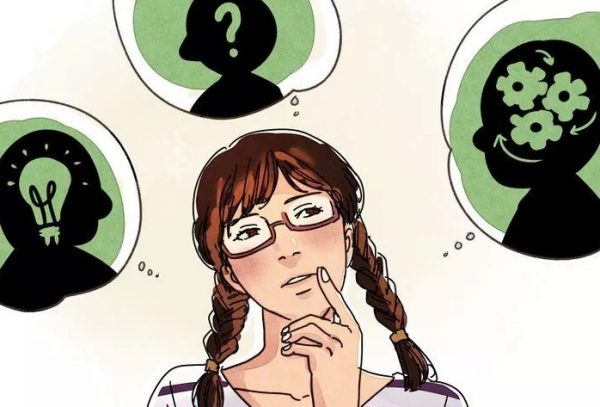Finding Support
1
Determine if you need to seek help from a mental health therapist. If your fear of death has become so intense that it is interfering with your ability to carry out normal activities and enjoy your life, you should seek the help of a licensed mental health therapist. For example, if you start avoiding certain activities due to your fear of impending death, then it is time to get help.[23] Other signs that you may need to seek help include:
- feeling disabled, panicky, or depressed because of your fear
- feeling like your fear is unreasonable
- dealing with the fear for more than 6 months
2
Understand what you can expect from a mental health therapist. A therapist can help you to better understand your fear of death and find ways to minimize it and hopefully overcome it. Keep in mind that dealing with a profound fear takes time and effort. It can take a while before your fears become manageable, but some people see a dramatic improvement in just 8-10 therapy sessions. Some of the strategies that your therapist might use include:[24]
- Cognitive Behavioral Therapy: If you are afraid of dying, you may have certain thought processes that intensify your fear. Cognitive behavioral therapy is a method that therapists use to get you to challenge your thoughts and identify the emotions associated with those thoughts. For example, you may think to yourself, “I can’t fly because I am afraid the plane will crash and I will die.” Your therapist will challenge you to realize that this thought is unrealistic, perhaps by explaining that flying is actually safer than driving. Then, you will be challenge to revise the thought so that it is more realistic, such as, “People fly on planes every day and they are fine. I am sure that I will be fine too.”[25]
- Exposure Therapy: If you are afraid of dying, you may start avoiding certain situations, activities, and places that intensify your fear. Exposure therapy will force you to confront that fear head on. In this type of therapy, your therapist will either ask you to imagine that you are in the situation you have been avoiding or they will ask you to actually put yourself into the situation. For example, if you have been avoiding flying because you are afraid the plane will crash and you will die, your therapist may ask you to imagine that you are on a plane and describe the way you feel. Later, your therapist may challenge you to actually fly on a plane.[26]
- Medications: If your fear of dying is so profound that it is causing you to have severe anxiety, your therapist may refer you to a psychiatrist who can prescribe medicine that may help you. Keep in mind that the medicines used to treat anxiety associated with fear will only reduce your anxiety temporarily. They will not take care of the root cause.[27]
3
Share your thoughts on death and dying with others. It’s always good to talk to someone about your fears or anxiety. Others may be able to share similar concerns. They may also suggest methods that they’ve used for dealing with the associated stress.[28]
- Find someone you trust and explain to her what you think and feel about death, and how long you’ve felt this way.
4
Visit a death café. Issues related to death and dying can be particularly difficult for people to talk about in general. It is important to find the right group with whom to share your ideas regarding these issues. [29] There are “death cafes,” which are groups of people who meet in cafes specifically to discuss issues around death. These are essentially support groups for people looking to handle their emotions around death. The groups determine together how to best live life in the face of death.
- If you cannot find one of these cafes near you, consider starting your own. Odds are there will be lots of people in your area with concerns about death but who haven’t had the opportunity to share their concerns.
Look for Part 1 HERE!
Look for Part 2 HERE!
Look for Part 3 HERE!
Look for Part 4 HERE!




